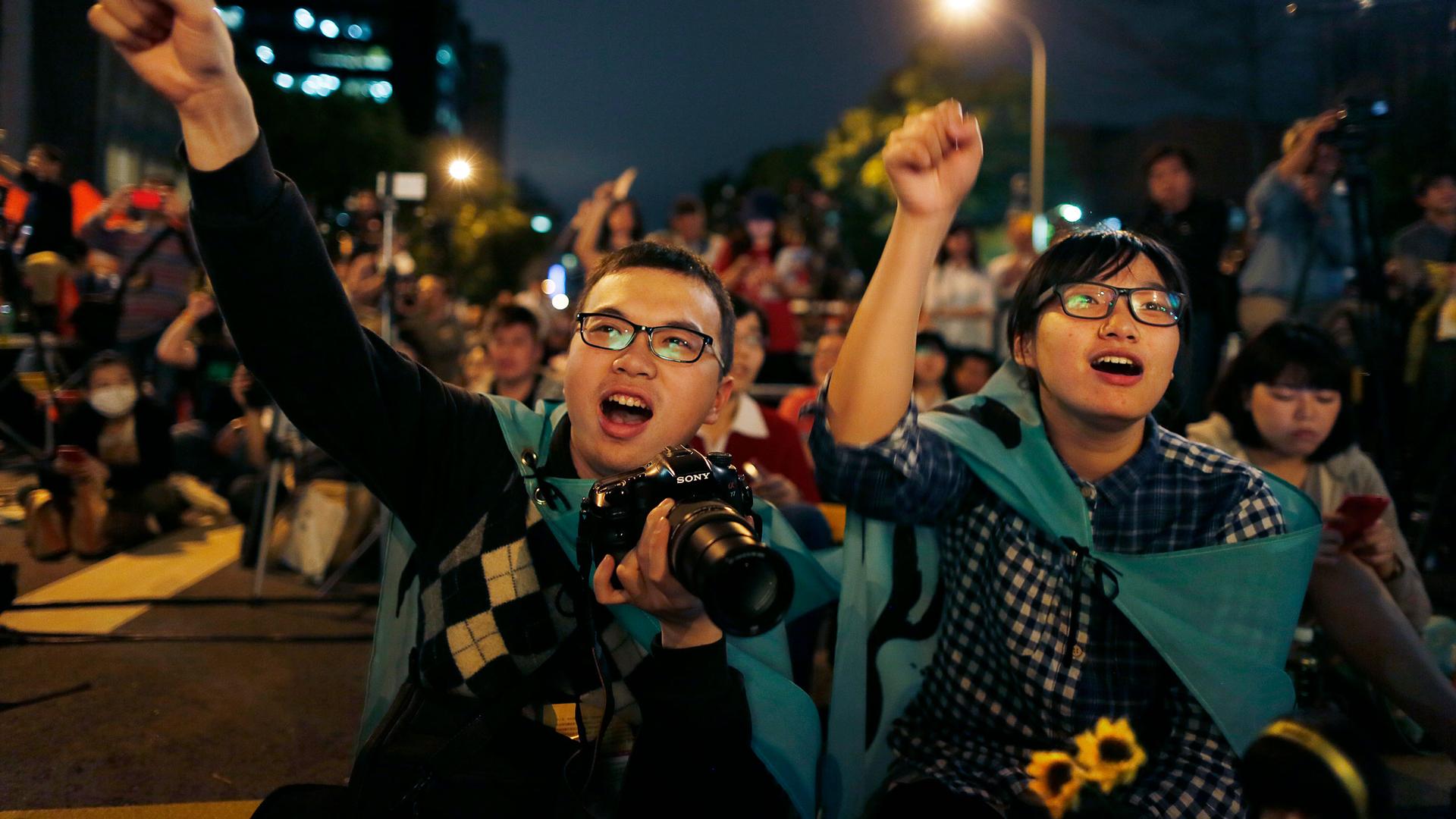March 18 marks the date when students in Taiwan made history — the day in 2014 when a group of students forced their way into the legislative chamber to say they would not leave the building until the ruling party promised a clause-by-clause review of a trade deal with China.
Taiwan’s Legislature had been debating whether or not to ratify the Cross-Strait Service Trade Agreement (CSSTA), which would further open up Taiwan’s economy to Chinese investment.
At a press conference in Taipei earlier this March, Lin Fei-fan, one of the student leaders, said that the movement “changed the whole narrative of how Taiwanese people view cross-strait relations.”
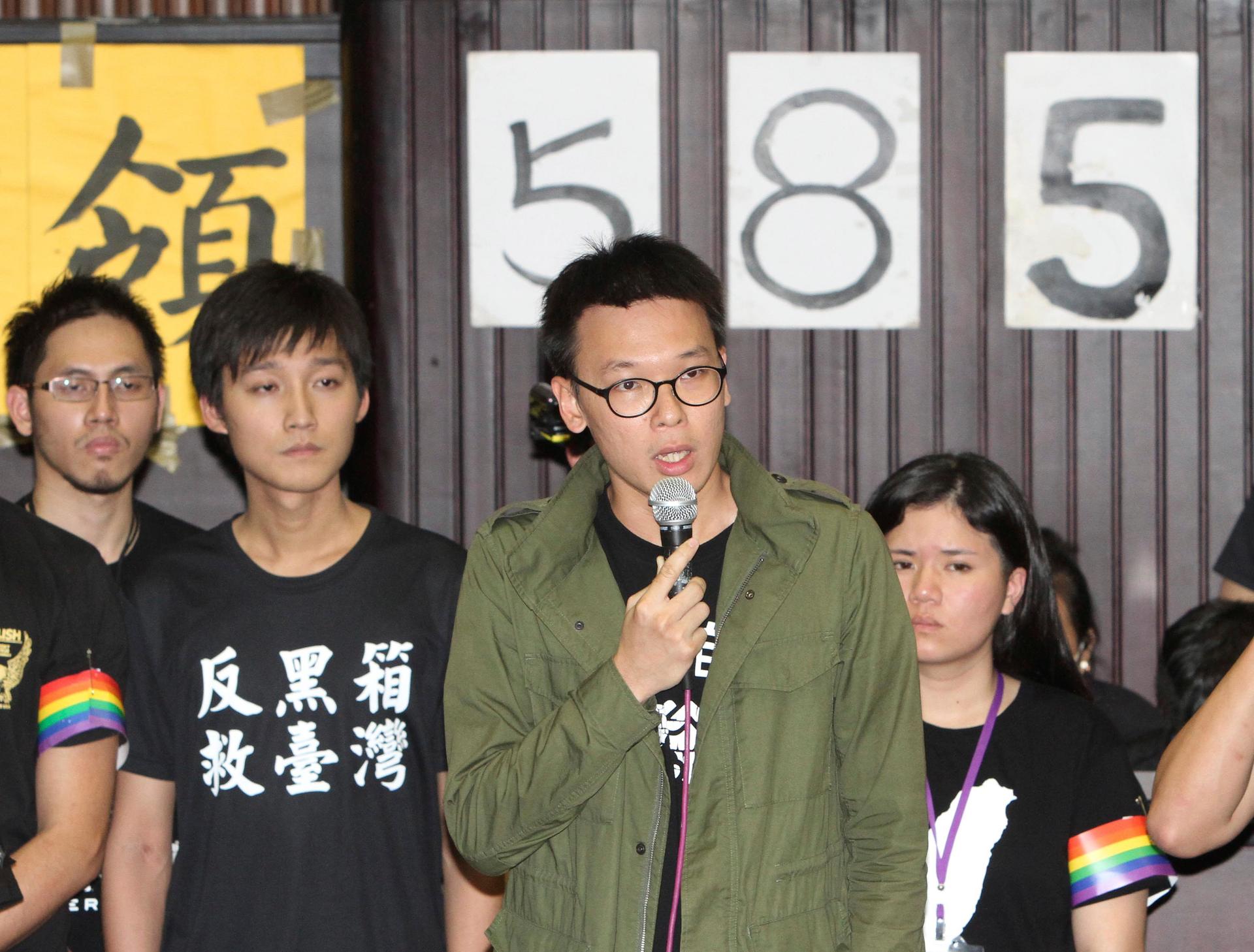
Before 2014, Lin said many in Taiwan felt that relations with China was up to the two governments to sort out, and integration between the two was basically inevitable. He believes the movement showed Taiwanese people they actually had the power to dictate Taiwan’s fate.
After the movement ended, Lin went into politics and eventually joined Taiwan’s currently ruling Democratic Progressive Party, serving four years as its deputy secretary-general.
The making of a movement
Back in 2014, negotiations between the two main parties were gridlocked. The ruling party preferred closer ties with China, while the opposition preferred greater sovereignty and complained that many of the terms of the deal were negotiated behind closed doors.
On March 17, Chang Ching-chung, a legislator from the then-ruling Kuomintang (KMT) party, announced the deal’s review period was over, and it was heading for a vote a few days later.
The opposition party — along with many students and activists — felt that the deal was being rushed through, and that if it was passed, it could bring China and Taiwan together in a way that would eventually undermine Taiwan’s hard-won democracy.
For over three weeks, the students stayed in parliament, giving speeches about democracy from a podium covered in sunflowers. The sunflowers recalled Taiwan’s long history of democratic struggle going back to the days of martial law, when activists would use flowers as symbols of resistance.
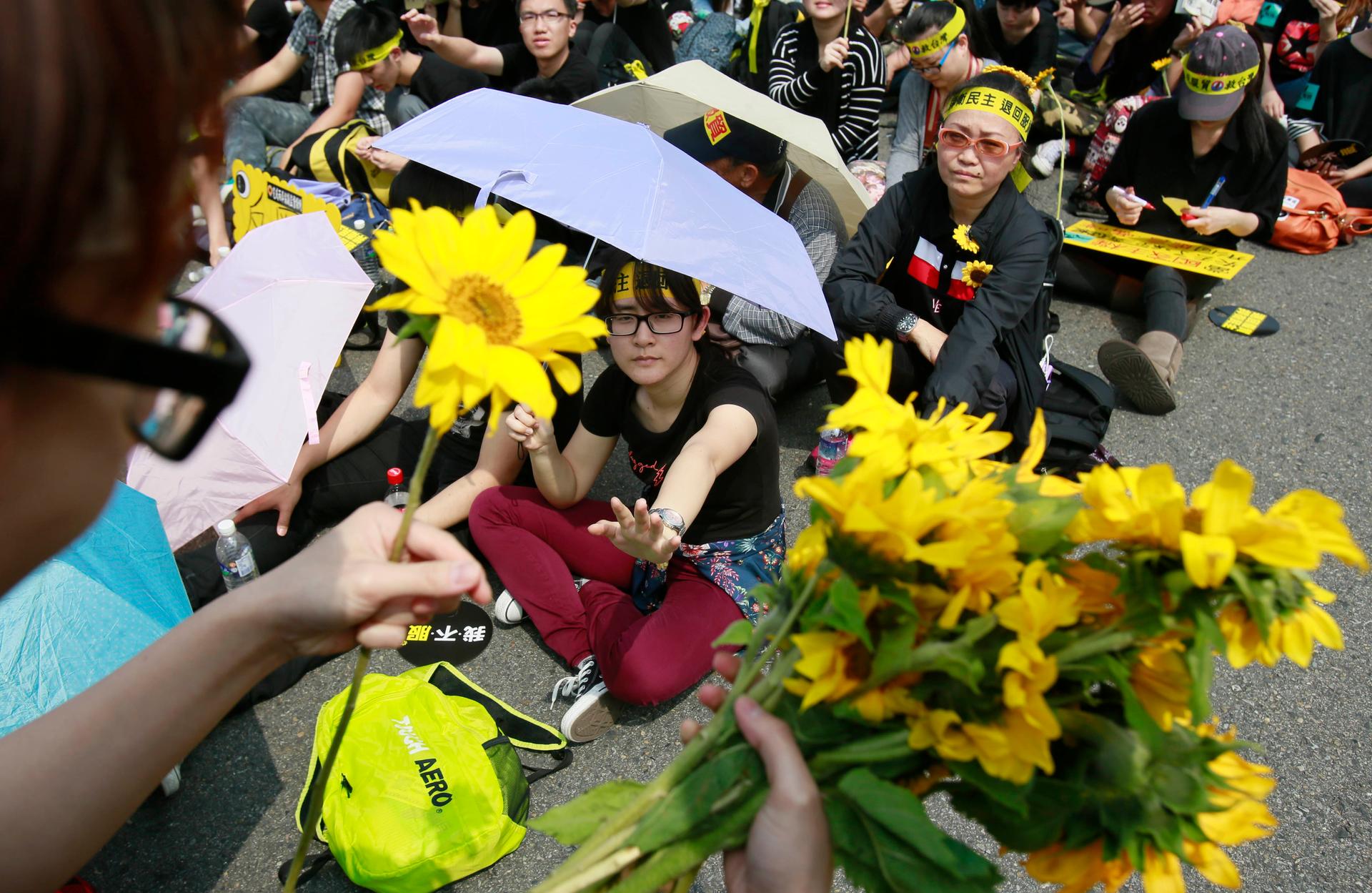
In the following days and weeks, thousands of protesters held regular demonstrations outside the Legislature to support the students, spilling from its gates out through the streets of downtown Taipei.
The students did not leave until the speaker of the Legislature agreed to back down on the trade deal. The students left thanking the crowd of protesters outside for their support and vowing to continue the movement.
Alex Huang, a film director based in Taipei, had just graduated college when the movement began. Huang attended the protests out of curiosity and also to keep a younger friend safe.
“I didn’t care about politics,” Huang said. “I just wanted to see what they were doing, what it was like.”
Huang noticed how the media’s portrayal of the movement differed greatly from conditions on the ground. The thousands of protesters who gathered were characterized as chaotic, but Huang said they took great care to avoid drinking or disorderly behavior.
As the movement escalated, Huang saw police hitting protesters, doctors and journalists and using water cannons. Huang remembered one night in particular, following an unsuccessful attempt by protesters to occupy Taiwan’s highest administrative institution, the Executive Yuan.
Police fought the protesters back with batons and water cannons. It was too dark to see clearly, and Huang had taken off their glasses to avoid losing them to a water cannon burst.
“We heard people getting hit. A lot of people were crying and stuff, and the boy sitting next to me was shaking,” Huang said.
Huang noticed politicians from the opposition party standing with the protesters.
“That was the point of change for me, in terms of my views on politics in Taiwan,” Huang said.
Huang wasn’t alone. An entire “sunflower generation” emerged from the movement with stronger views on Taiwan’s sovereignty.
A new generation
A lot has changed since then.
The trade agreement was never ratified. The opposition Democratic Progressive Party, which favors Taiwan’s sovereignty from China, won local elections in 2014, and the presidential election in 2016. They recently won an unprecedented third term in Taiwan’s presidential election in January.
China is still Taiwan’s biggest trading partner. But Taiwan’s exports to China are falling amid a Chinese economic slowdown. Taiwan is also prioritizing increased investments and exports to Southeast Asia, the US and Europe.
And the narrative isn’t all roses for the Sunflower Movement.
In the last election, many former Sunflower activists who had entered politics lost their elections. The DPP lost its majority in the Legislature to two opposition parties — which had actually promised to revive the trade agreement with China.
Although the Sunflower generation mainly voted for the ruling party, Taiwan’s youngest voters flocked to a new party helmed by a charismatic former doctor, promising a middle way between China and the US.
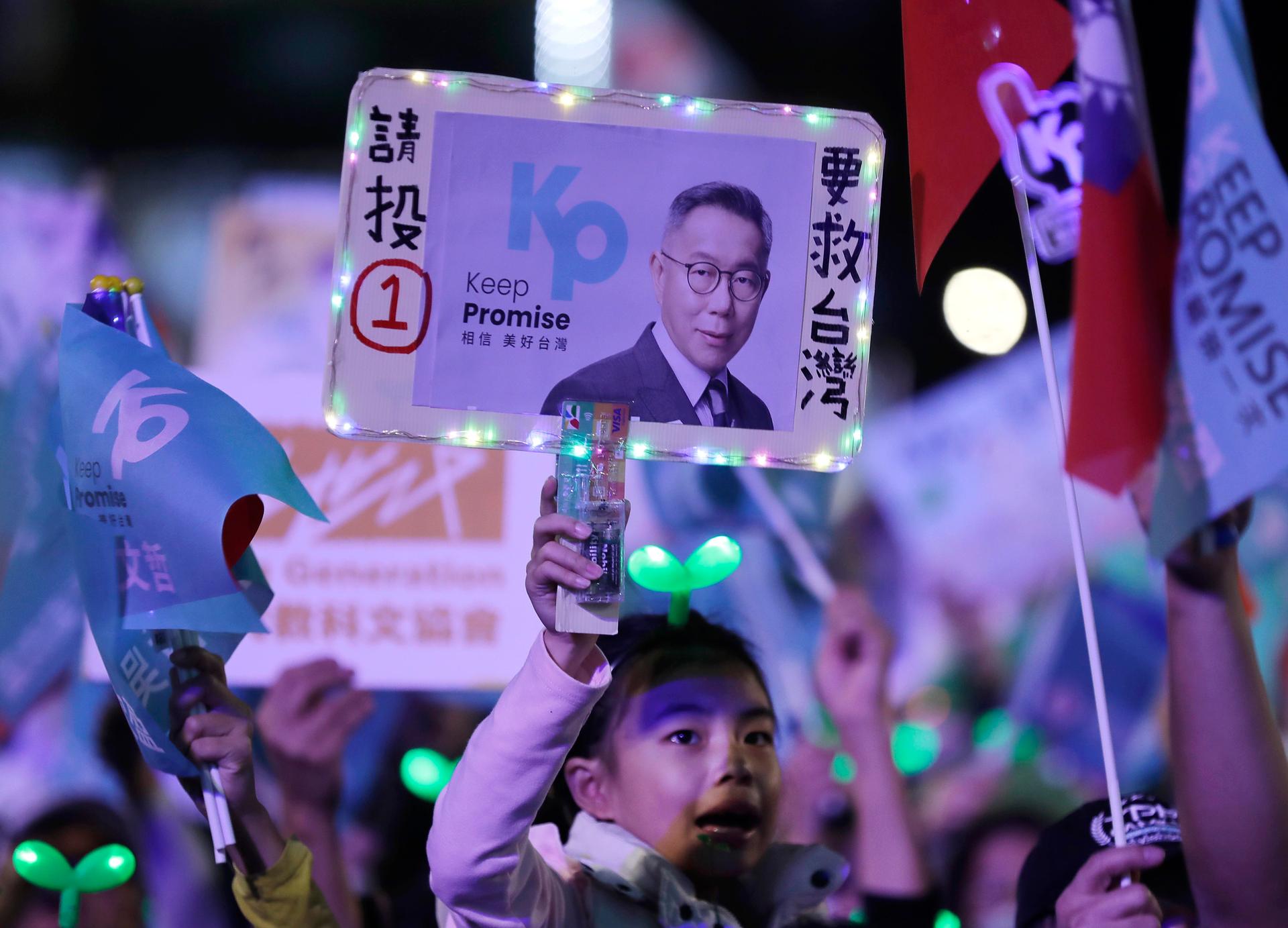
Ho Ming-sho, a sociologist at National Taiwan University, was at the protests and has studied their impact on Taiwanese politics and society. He said this doesn’t necessarily mean young people care less about Taiwan’s sovereignty.
“Young people are not happy. They are complaining about rising housing prices, stagnant wages,” Ho said.
Ho said that economic issues were a driver of discontent during the Sunflower Movement, with activists seeing the trade deal with China as poised to benefit big corporations at the expense of working people.
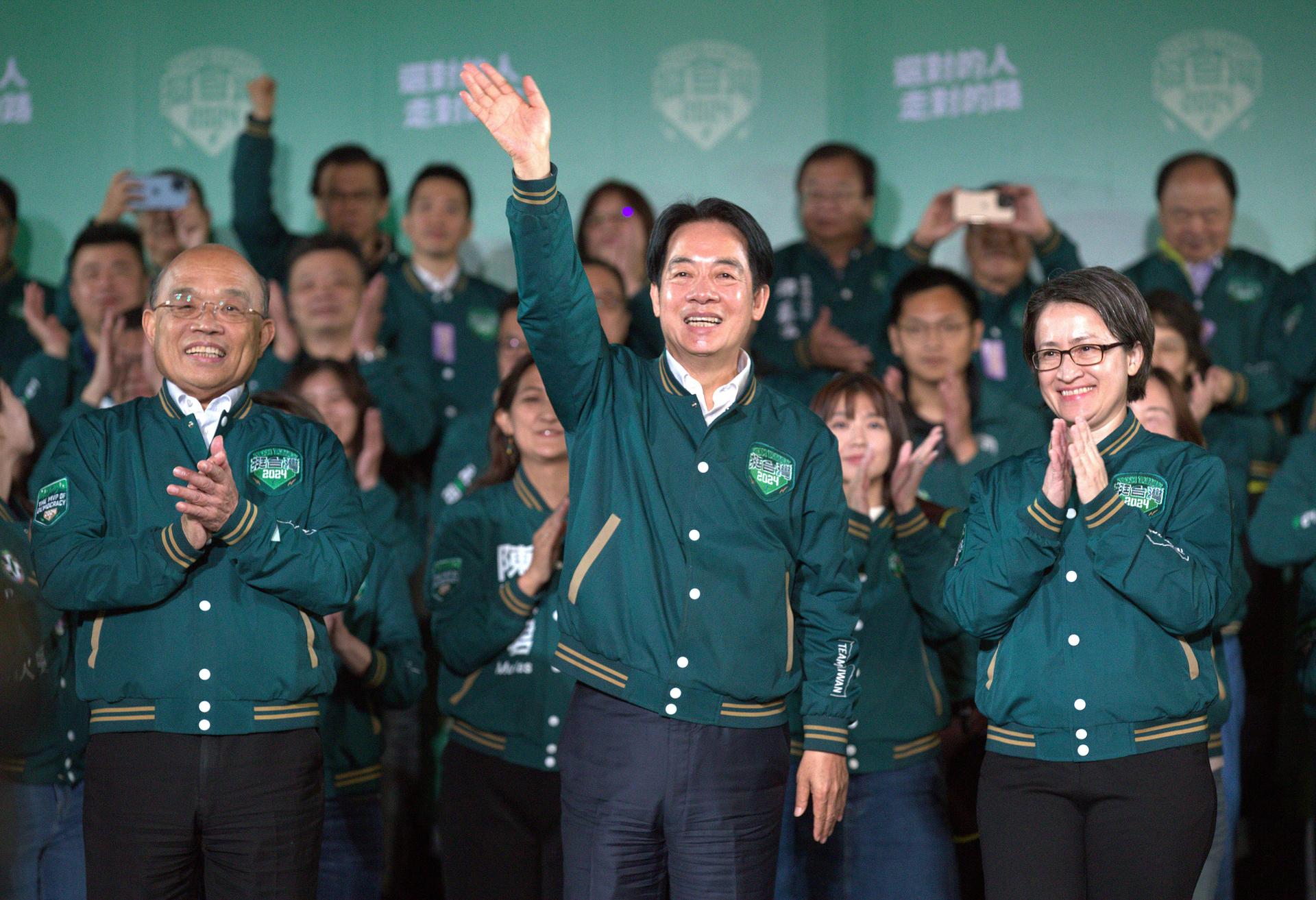
Despite some progress such as yearly increases to the minimum wage, Taiwan’s salaries remain some of the lowest in the region.
Ho thinks young people today don’t have the same sense of crisis about Taiwanese sovereignty as the Sunflower generation did. Rather, he argues this generation wants to show the ruling party they are unhappy with its progress on economic justice.
